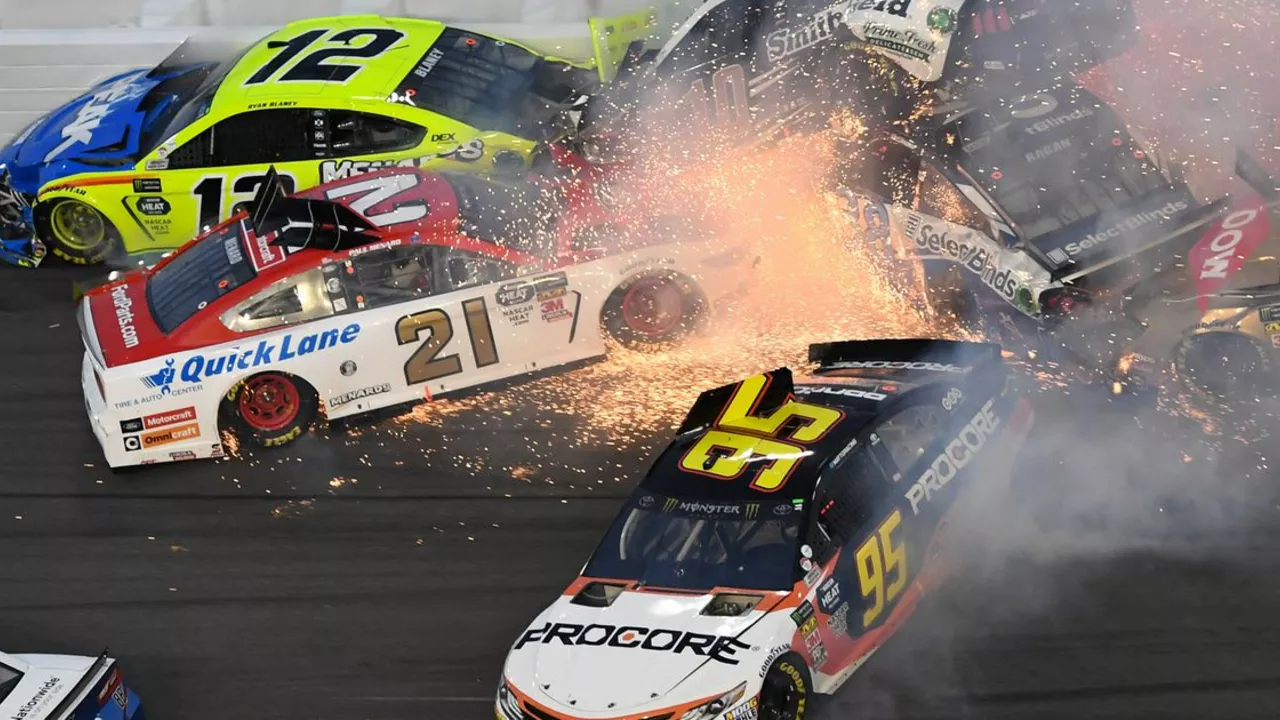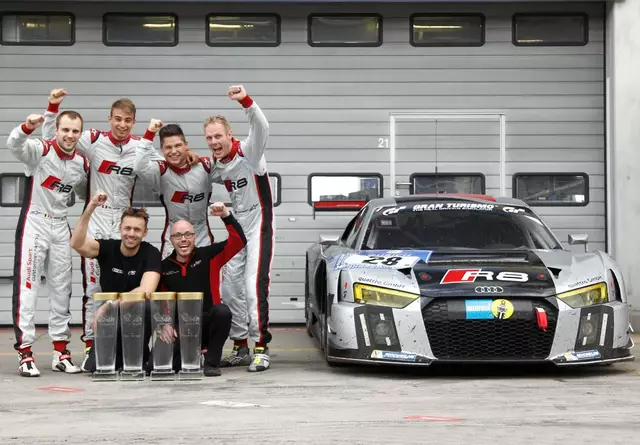Environmental Impact of NASCAR Racing
One of the most significant criticisms of NASCAR racing is its environmental impact. Each race burns through a staggering amount of fossil fuels, not just from the cars themselves but also the transport necessary for teams, equipment, and fans. Moreover, the environmental impact isn't limited to carbon emissions alone. The noise pollution generated by these events is another aspect that's often overlooked.
The use of leaded gasoline in NASCAR races has also been a contentious issue, though the sport has made strides towards using unleaded fuel. Nevertheless, the sheer volume of fuel consumed remains a significant environmental concern. The environmental footprint of NASCAR is indeed hard to ignore and has led to calls for the sport to find more sustainable ways to operate.
The Danger of NASCAR Racing
Another criticism often leveled against NASCAR racing is the danger involved. High-speed crashes are not uncommon in the sport, and they can lead to serious injuries or even fatalities. Despite significant improvements in safety standards over the years, the risk remains inherent to the sport.
Some critics argue that the excitement fans derive from the potential for crashes and the inherent danger contributes to a gladiatorial atmosphere. They contend that this perspective is ethically questionable, as it places the thrill of spectators above the safety of participants.
Monotonous Racing
NASCAR racing often comes under fire for being monotonous. Critics argue that the oval tracks used in the majority of NASCAR races don't offer much variety. The lack of challenging corners and the repetitive nature of the races can lead to predictable outcomes and may not provide as much excitement as other types of motorsport.
While NASCAR fans might argue that this criticism is a matter of personal preference, it's a sentiment that's shared by many outside the sport. The perception of monotony can potentially limit NASCAR's appeal to a broader audience.
Lack of Driver Diversity
NASCAR has long been criticized for its lack of diversity among drivers. The sport is predominantly white and male, and has been slow to attract and promote drivers from different backgrounds. This lack of diversity extends to the sport's fan base as well.
Though NASCAR has taken steps to address this issue in recent years, critics argue that more needs to be done to promote inclusivity in the sport. A more diverse driver lineup and fan base could help to broaden NASCAR's appeal and relevance.
High Costs of Participation
The high cost of participating in NASCAR racing is another significant criticism. Race teams need to spend a substantial amount of money on cars, equipment, and crew members. This high barrier to entry can limit the number of teams that can realistically compete, and it can also discourage new teams from getting involved in the sport.
While high costs are a part of many sports, critics argue that in the case of NASCAR, it can lead to a lack of competitiveness. If only a few teams have the resources to win, it can make the races more predictable and less exciting for fans.
Commercialization of the Sport
Finally, the commercialization of NASCAR racing has been a source of criticism. Some argue that the sport has become too focused on sponsorship and advertising, at the expense of the racing itself. This commercialization can be seen in everything from the logos plastered on cars and drivers' suits, to the naming rights of races being sold to sponsors.
While sponsorship is a fact of life in professional sports, critics argue that NASCAR has taken it to an extreme. They contend that this heavy focus on commercialization can detract from the sport's authenticity and turn off fans.



